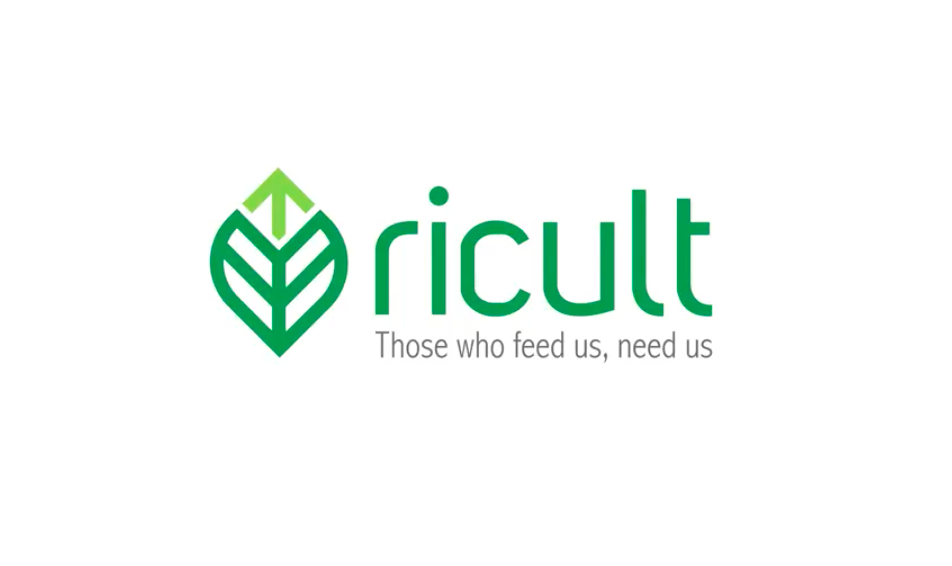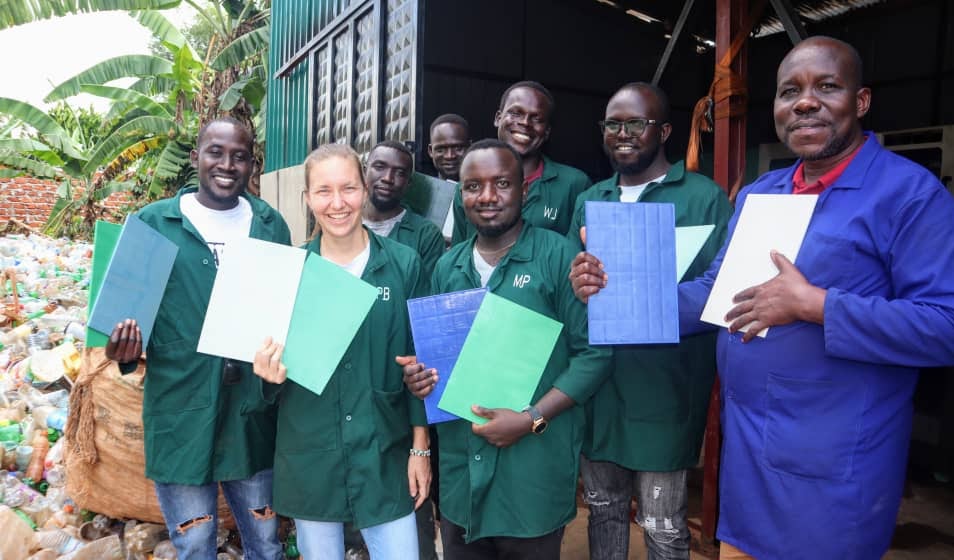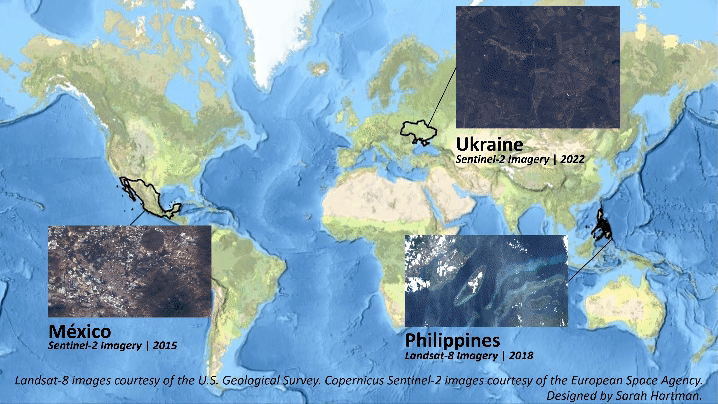Globally, 1.5 billion people depend on small farms, which produce roughly 80 percent of the developing world’s food. Yet smallholder farmers remain some of the world’s most impoverished and food insecure people.
Aukrit Unahalekhaka, a co-founder of Ricult, a 2017 Big Ideas winner, knew this implicitly. He had grown up in a family of farmers in rural Thailand, and had witnessed firsthand his community’s struggles with the land. As a graduate student at MIT, he decided to put his education toward a critical piece of the global hunger challenge: financial inclusion for smallholder farmers.
Together with fellow MIT graduate student Usman Javaid, a native of Pakistan, Unahalekhaka has spent the last three years building a digital platform for smallholder farmers to access credit. The founders have been motivated by the fact that farmers who own less than two hectares are economically stuck; they have no means to invest in their properties or agricultural improvements–and often rely on loan sharks who charge exorbitant interest rates, trapping generations of farmers in cycles of debt and poverty.
Unahalekhaka and Javaid also have understood that access to credit is not the only problem for smallholder farmers. Credit is intertwined with other challenges, such as transportation logistics and precise weather forecasting. They thus designed Ricult to offer an integrated digital platform across the entire value chain, tracking end-to-end data and leveraging learnings to boost agricultural productivity and efficiency for all stakeholders, from farmers to input suppliers and buyers. Ricult is an apt name for their innovation. It underscores the importance of the middle of the agricultural value chain (“ricult” are the middle six letters of the word “agriculture”).
Since March 2017, the agtech startup has been working in Thailand and Pakistan, with plans to expand to neighboring countries. It also recently raised $1.85 million in seed funding, with the Bill and Melinda Gates Foundation as the lead investor. Further, Ricult is collaborating with the Telenor Group’s telecommunications company, DTAC, to expand across Thailand, and has caught the attention of seed investors such as 500 Startups.
Ricult is now taking off, but in the early years developing ideas for an effective platform was a challenge. Another challenge was finding funders. The team spent several years applying to student innovation contests, receiving awards from MIT Ideas and the DOW Sustainability Challenge. The founders turned twice to UC Berkeley’s Big Ideas Contest, to take advantage of its eight months of product development, advising, and mentorship. In 2016, Ricult won third place in the Food Systems category. In 2017, the Ricult team earned second place in the 2017 Scaling Up category.
“The exercise of writing a thorough business plan for the Big Ideas competition proved invaluable,” said Unahalekhaka. “It ensured that everyone on our team was on the same page and helped us think through the key points of running a business. We Skyped with Big Ideas staff and mentors several times and received prompt, detailed feedback that helped us strengthen our business.”
One early idea for the Ricult platform was to harness machine learning and predictive analytics for farmers, input suppliers, food processing companies, and banks alike. To do so, the Ricult team developed local and national partners along the agricultural value chain in Pakistan and Thailand. Services to farmers include: access to agricultural inputs, such as improved seeds, fertilizers, and pesticides that are synchronized with crop cycles and priced at least 30 percent below the market rate; and advanced agronomic analytics and insights, such as soil testing, optimal crop rotation, and microclimate weather analytics. By cutting out unnecessary middlemen and decreasing crop spoilage, Ricult is aiming to transfer cost savings to farmers and increase their profitability.
As important, farmers that work with Ricult are gaining access to formal credit and affordable loans at interest rates at least five times below market rate. Ricult links farmers directly with buyers and guarantees payment within 48 hours, a significant departure from the traditional 60- to 90-day turnaround. Timely compensation allows farmers sufficient time and capital to prepare for the next planting season without being trapped in debt to middlemen.
The model, driven by data analytics technology, has increased farmer productivity by 50 percent, according to Ricult reporting. The company also is selling its land data to banks, said Unahalekhaka: “It functions as a form of collateral, so that farmers can finally access formal loans. Basically, we are solving two problems in one.”
Ricult is one of a growing number of social enterprises in developing countries reaping the benefits of technology. While computational advancements have numerous applications for sustainable development, leveraging machine learning to boost agricultural productivity is among the most promising. Investments in agriculture are widely viewed as the greatest weapon against global hunger and poverty; and growth in the agriculture sector has proven to be two to four times more effective in raising income among the poorest compared to other sectors.
“We are a double bottom line company,” said Unahalekhaka. “We want to prove that you can operate a sustainable business, while also contributing to the social good. This model is rare in Southeast Asia, but it’s proven an attractive idea to Thai investors who are keen to give back to the rural communities they grew up in.”
By Lisa Bauer




